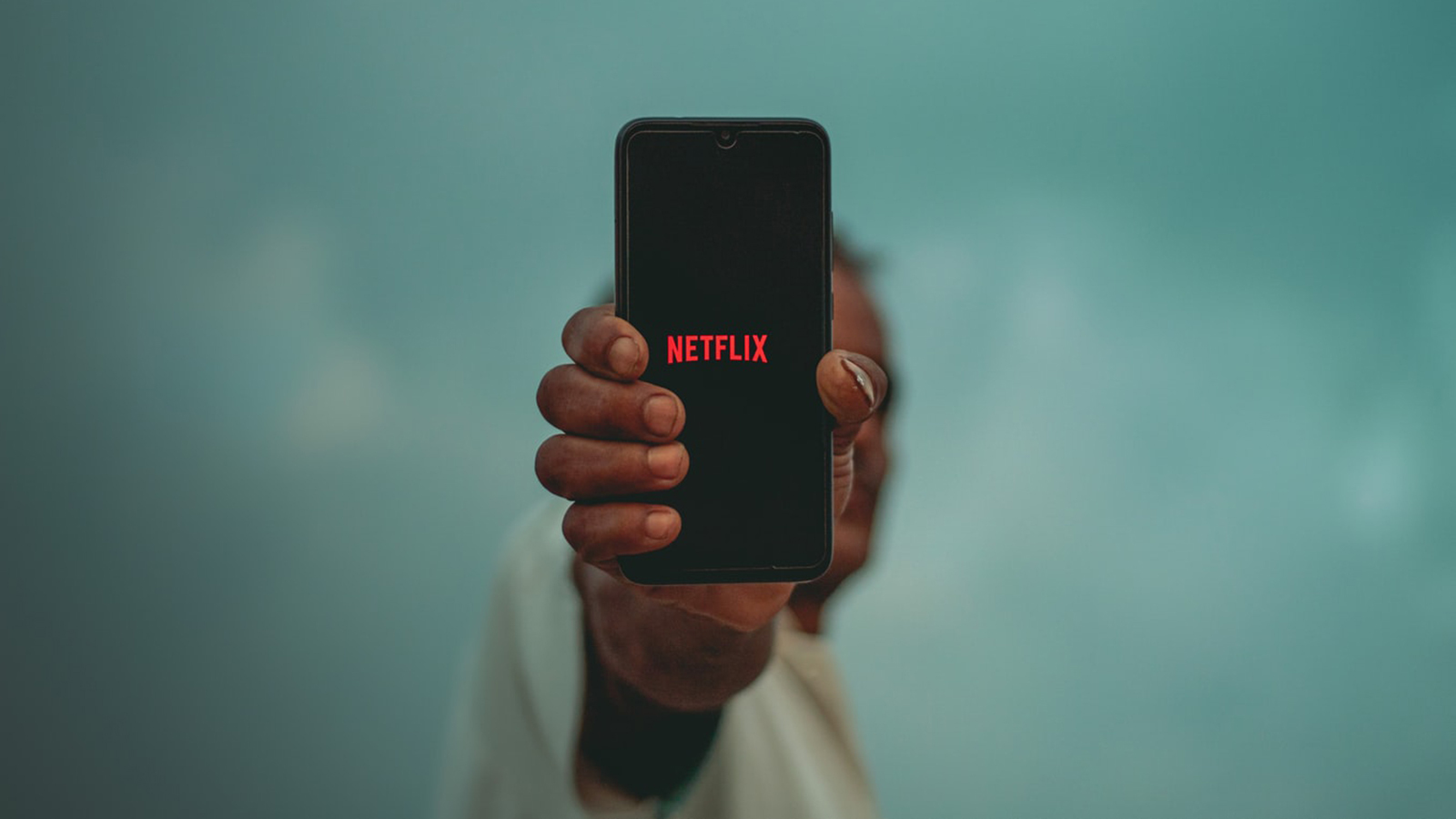OAKLAND, Calif. (Legal Newsline) – Class action lawyers suing Netflix over a rise in teen suicides have failed to change their complaint in a manner that would get it back in state court.
Oakland, Calif., federal court judge Yvonne Gonzalez Rogers on Nov. 12 denied a motion to remand the case back to where it was originally filed – Santa Clara County state court. She found that even though lawyers changed the definitions of their proposed classes, it wasn’t enough to defeat federal jurisdiction. She only considered the terms in the original complaint.
After the suit was filed in Santa Clara, Netflix removed it to federal court under the Class Action Fairness Act, which gives federal courts jurisdictions over class actions in which more than $5 million is at stake.
“(P)laintiffs do not dispute that they are seeking a global class and ‘that minimal diversity very likely exists,’” Rogers wrote.
“Instead, plaintiffs argue that Netflix has not met its factual burden of proving by preponderance of the evidence that there are class members outside of California. However, plaintiffs misconstrue the burdens of a facial attack.
“They have not contested the truth of Netflix’s allegation. Furthermore, Netflix’s allegation that minimal diversity is satisfied is plausible given the broad class proposed in plaintiffs’ Complaint. Indeed, Ninth Circuit case law suggests that the burden is low.”
The complaint was filed earlier this year by attorneys at the Digital Justice Foundation and Hamilton Law of Las Vegas. The suit came more than four years after the suicide of a plaintiff known as B.H.
Netflix released 13 Reasons Why in March 2017 as a series adaptation of Jay Asher’s novel. The show involves a high school student who leaves behind 13 cassette tapes that reveal the 13 reasons why Hannah Baker killed herself.
The lawsuit says H.B. watched the show before her suicide on April 28, 2017. It blames Netflix for prioritizing a market dominance of young viewers over their mental well-being.
The complaint says the National Institute of Mental Health associated a 29% increase in child-suicide rate in April 2017 with 13 Reasons Why – “a child-suicide spike that could have been avoided had Netflix taken basic moral responsibilities to warn and to not target its most vulnerable viewers,” the complaint says.
“Yet, even after empirical researchers repeatedly identified the profound human cost of Netflix's decisions, Netflix still did not meaningfully warn about the dangers of its Show, and did not moderate its algorithms to avoid targeting vulnerable children. Instead, Netflix dug its heels in for years, choosing a path of callous resistance to the realities of hundreds of children whose deaths Netflix had tortiously caused.”
Netflix is currently trying an anti-SLAPP defense, which allows defendants to cut off cases at an early stage if their conduct is protected by free speech (SLAPP stands for Strategic Lawsuit Against Public Participation).
“13 Reasons Why is not the first work to tell a story about teen suicide. The subject has been explored in countless literary works, motion pictures, and TV shows—everything from Romeo and Juliet to Dead Poets Society,” the motion says.
“And this is not the first lawsuit that has claimed that the parties who brought stories to the public are to blame, and should be held legally liable, for suicides and other tragic events. Courts, however, have repeatedly rejected such suits.”
The motion cites four such cases:
-A 1988 ruling that singer Ozzy Osbourne and his music were not liable for the suicide of a teenager;
-A 1982 ruling that members of the public who were “prone to violence” would be attracted to theaters showing “Boulevard Nights,” and thus the movie was not liable for the shooting of someone outside a theater;
-A 1981 dismissing claims the rape scene in Born Innocent caused a real-life rape; and
-A 2002 Sixth Circuit ruling that violence in popular culture desensitized high school students to violence and caused one to kill his classmates.
“If allowed to proceed, Plaintiffs’ suit would have profound chilling effects on free expression,” Netflix’s attorneys wrote.
“Creators obligated to shield certain viewers from expressive works that depict suicide would inevitably censor themselves to avoid the threat of liability… In such a landscape, a long line of creative works—classic staples like Anna Karenina, Antigone, The Awakening, Madame Bovary, and The Bell Jar, as well as countless modern works like Dear Evan Hansen, The Perks of Being a Wallflower, Wristcutters: A Love Story, and The Virgin Suicides—would be at risk.
“The First Amendment does not permit such a result.”
